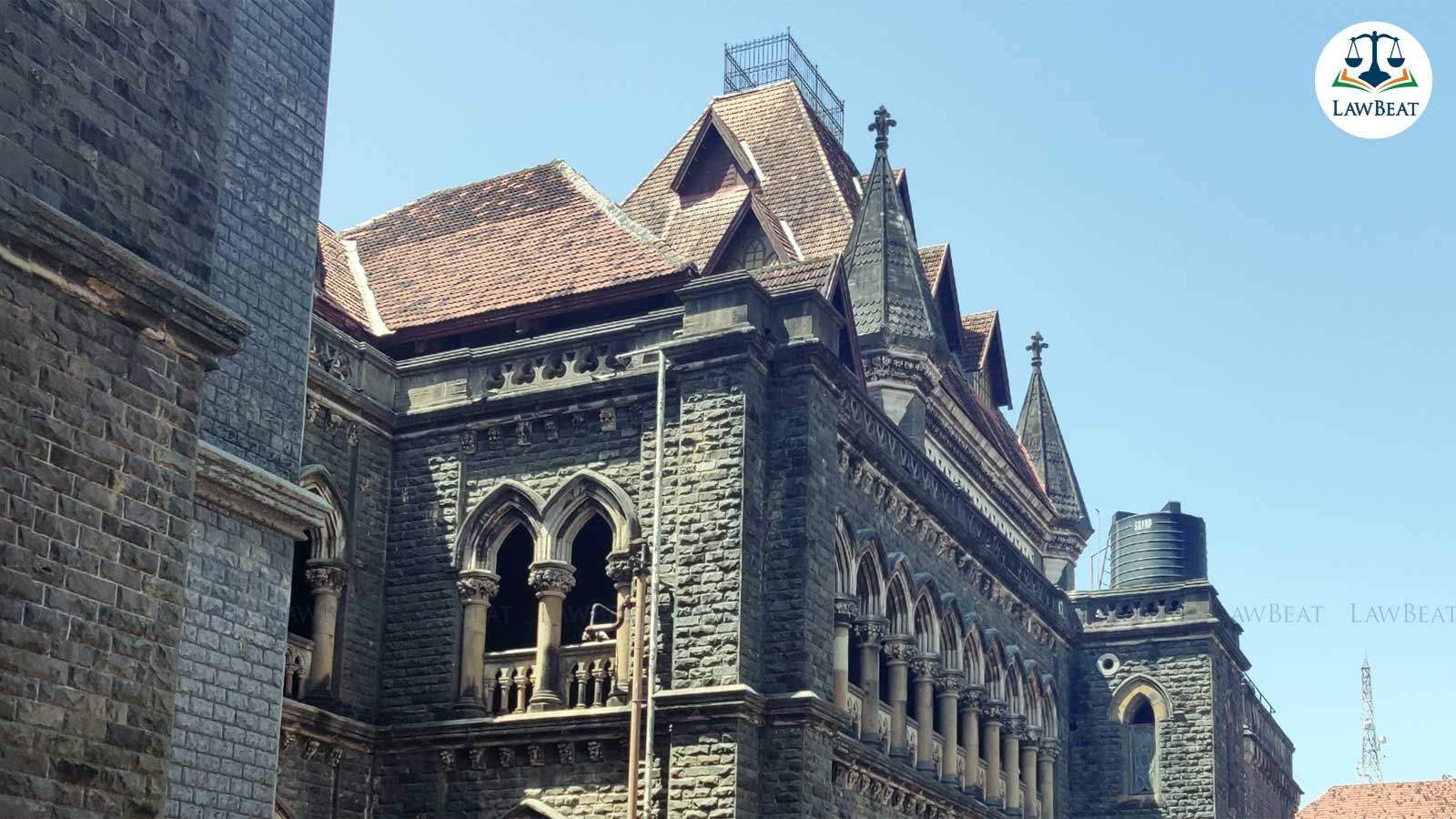Bombay High Court Denies Pre Arrest Bail To Lawyer Booked For Abetting Suicide of UBT Leader

Chavan told the high court that she met More in 2019 and had met him on several occasions. She claimed that More had a relationship with another woman which led to a dispute between them. It was contended at best she can only be of being possessive of More
The Bombay High Court has recently denied anticipatory bail to a Mumbai lawyer who was booked by the Mumbai Police in the abetment of the suicide of Sudhir More who was an ex-corporator of the Uddhav Balasaheb Thackeray (UBT) Shiv Sena.
Nilima Chavan was booked by the officials after a complaint was filed by More’s son after his father was found dead at the railway station at Ghatkopar.
Chavan had approached the high court after the sessions court denied bail to her while observing that prima facie there was material found against her.
Chavan told the high court that she met More in 2019 and had met him on several occasions. She claimed that More had a relationship with another woman which led to a dispute between them. It was contended at best she can only be of being possessive of More.
She also argued that the fact that she had spoken to More on numerous occasions would not justify a prima facie inference that she abetted the commission of suicide.
The prosecution argued that the transcript of the telephonic conversation indicates that Chavan had made as many as 56 calls on the day of occurrence leading to the death of More.
The court in its order recorded that there were more than 50 calls made by Chavan and said that,
“The alleged harassment and the humiliation to which the deceased referred to in the transcript is required to be appreciated in the light of the situation in life of the parties. The deceased was working in political arena; where public image matters. Prima facie, the Applicant, appears to have pursued a continuous course of alleged harassment and humiliation. Conversely, in the light of the situation in life of the applicant, it cannot be said that the applicant could not perceive the consequence of the acts and conduct she was pursuing. Upto the last moment, the applicant, prima facie, seems to have continued with the abuses, irritation and annoyance to the applicant. I am, therefore, inclined to hold that there are, prima facie, both direct and proximate acts of instigation” the order reads.
Case title: Nilima Shantaram Chavan vs State of Maharashtra
